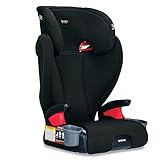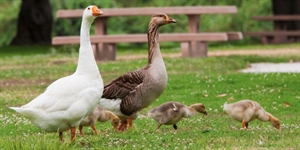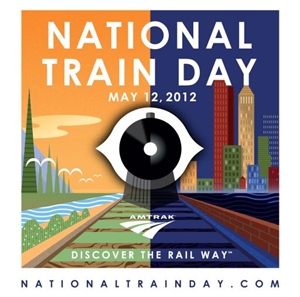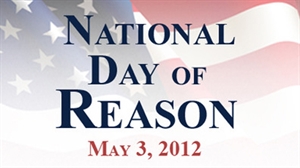National Purebred Dog Day 2024 is on Wednesday, May 1, 2024: Dog Agility?
Wednesday, May 1, 2024 is National Purebred Dog Day 2024. National Purebred Dog Day National Purebred Dog Day
As an Amazon Associate I earn from qualifying purchases.
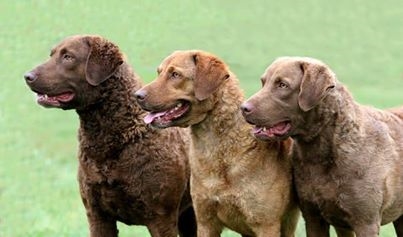
1. All dogs can compete in agility. Probably less than .01% are at the Nationals finals or competing for the World team--that's really the only stage to worry about the perfect dog and what breeds are best. For anything else, it's about providing a job for your dog, providing intellectual stimulation, building the bond between the handler and dog so that you're a real team. Absolutely consider agility--and don't let the breed be any kind of consideration.
2. Yes, your dog needs to be registered. But with an agility organization. AKC requires purebreds. But depending upon the part of the country you're in, you may find that USDAA or NADAC or CPE or others hold more trials than AKC. I don't compete in AKC on principle and prefer USDAA and NADAC but that's a matter of preference.
3. How to start? Sign up for an agility class. They're usually available at agility centers or dog clubs. Look for an instructor who is not a volunteer (ie: someone who has been doing agility for a while and volunteered to teach the newbies). You want someone who has experience teaching and working with a range of dogs or your initial experience may be negative. Then start taking classes. Or you can sign up for individual lessons if the classes don't work (too far, bad hours, etc.).
4. To start, you'll want to master a couple of things. Basic obedience (recalls, heels, down, stay) are all critical because your dog will be off-leash. You want your dog to behave around other dogs (so comfort with other dogs and focus matters). It helps to be clicker trained (because a clicker is great for shaping behavior and back-chaining---teaching complex behavior piece by piece). And your first agility work will probably focus on foundation skills and flatwork (learning to operate as a team without obstacles--so you can get your dog to turn by reading your shoulders and body language for instance).
5. How does all of this work? Well first of all, most agility folks never get "serious" about it (by serious I mean--compete and win alot of awards) but they have some serious fun and their dogs do as well. It's a very engrossing and challenging and fun experience. But for the competitions, think steeplechase for horses--except it's for dogs. You're give a course in which a series of obstacles (jumps, a tire, a dog walk, teeter-totter, weave poles, tunnel, chute, and an A-frame) need to be followed in sequence. You're trying to perform the equipment accurately and safely, stay on course and be fast. It requires planning by the human half of the team, good signals. The dog half of the team needs to be both confident and focused. Actually learning to do the obstacles (like...take a jump or run across the dog walk) is actually the least challenging element. You have to put it all together and at the championship levels, you're doing 20+ obstacles from memory at high speed using almost no verbal commands and in some cases you're telling your dog to take obstacles -20 feet away from you or to avoid something right in front of him and instead take a less obvious obstacle. And you see a lot of the same people at local trials, meet their dogs, make friends, get dog advice, and hang out together. Some people get RV's and drive around the country going to trials with friends. It's amazingly addictive--I have a friend who was a mother of 3 and wife who had to quit after her Aussie Shepherd won Nationals because she found herself wanting to go to a 2-day trial EVERY weekend.
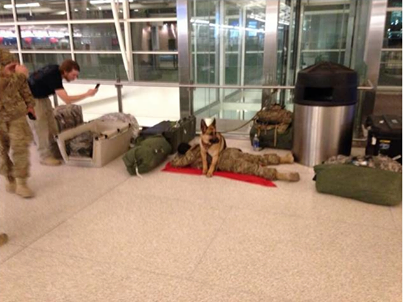
Dog for family/protection?
Most any large dog, mixed or purebred, will serve as an effective deterrent to criminals.
Unless you are willing to commit to a good deal of training classes and Obedience work, I would advise MUCH forethought before considering one of the traditonal "guard" breeds. Dobermans, Rottweilers, German Shepherds, etc....are WONDERFUL dogs when matched with the right family. However, they are WORKING breeds, which means they need to feel like they have a "JOB". For the best overall experience with any of these breeds, an owner is best advised to engage in some type of activity with their dog....even if it is as simple as a basic Obedience class, and 30 minutes a day of practice drills! A bored, adolescent Doberman, for instance....has an extremely active mind, a lot of energy....and without the proper outlets for that energy and intelligence, he will think of his OWN activities, which may not be to your liking :). These breeds are not a match for the "average" dog owner; if they interest you, make sure you do LOTS of research, get information from the national Breed Club and know what you're getting into.
Have you thought about a Standard Poodle? Underneath the poofy haircut, they are an AWESOME family dog and a rather imposing protector when the need arises. Most pet owners keep them in a simple pet clip, without all the goofy pom-poms. They have a VERY deep, authoritative bark, they come in black and brown (darker-colored dogs are typically said to be more "intimidating" to a criminal)....but they are an amazingly versatile, intelligent, loving family pet. Plus they have that low-shedding, Poodle coat and may be easier for people with allergies to tolerate.
Or, visit a shelter and find a big, black mutt :). I read statistics somewhere that stated a big, black dog of any type was the most intimidating type of dog for a criminal to encounter. Plus, the most common dog put to sleep in an animal shelter are big, black Lab mixes....Labs make excellent family pets, so you could find your dog at a shelter and save a life at the same time :)

Why do people want purebred dogs?
Some reasons to purchase a pure-bred dog from a responsible breeder, not all of which are actually good reasons: 1. Parents are tested for health problems which may be passed onto future offspring (OFA, CERF, etc.). 2. Puppy comes with a limited (or full) health warranty which covers anything from vet visits to a free puppy. 3. You are wanting to compete in dog shows or breed club events. 4. You want a dog that fits a breed standard (not a guarantee, but better chances than getting a mutt). 5. You want a dog to perform a specific task, which many breeds were designed to do. (Herding, Hunting, Sledding, etc.) 6. You're concerned about the prestige of owning a purebred national kennel club registered dog Of course, purchasing a pure-bred from a puppy mill via pet store or backyard breeder via classified ad pretty much negates all 6 items I've listed in one way or another. If you want a dog *just* to love you and for you to love and take care of and share companionship with I don't think it matters what breed you get. (Unless of course there are restrictions where you live as to what type or size of dog you can own.)





